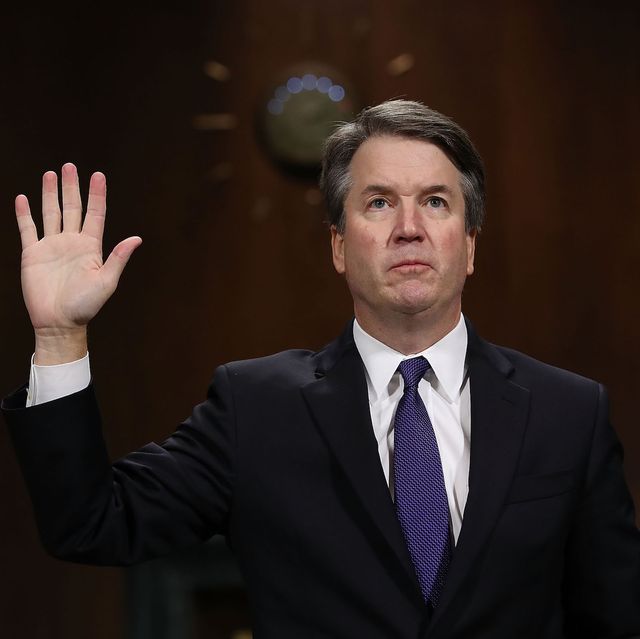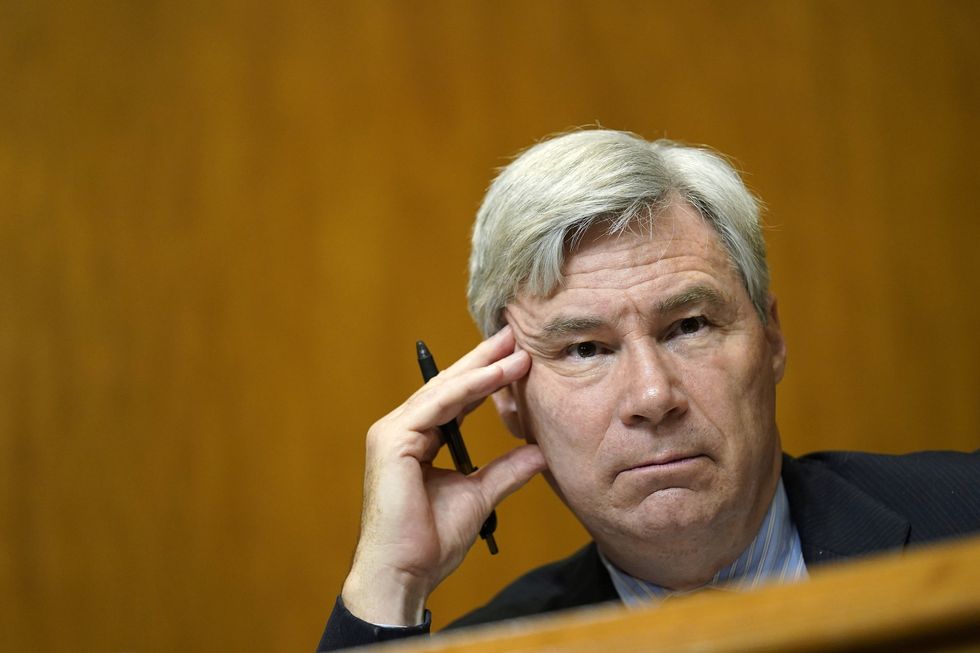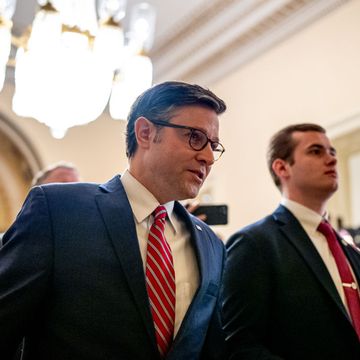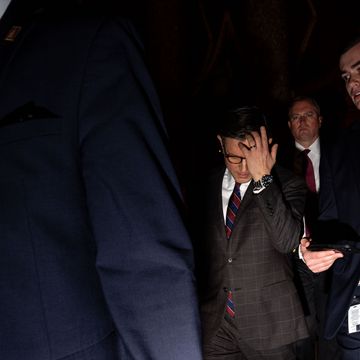Senator Sheldon Whitehouse is not kidding about tracing how dark money has come to influence the selection of judges for the federal bench. And now he’s found a big fish in a small barrel. From The Guardian:
Among the concerns listed in Whitehouse’s letter to Garland are allegations that some witnesses who wanted to share their accounts with the FBI could not find anyone at the bureau who would accept their testimony and that it had not assigned any individual to accept or gather evidence. “This was unique behavior in my experience, as the Bureau is usually amenable to information and evidence; but in this matter the shutters were closed, the drawbridge drawn up, and there was no point of entry by which members of the public or Congress could provide information to the FBI,” Whitehouse said.
And, while the allegations regarding Christine Blasey Ford were grim and awful, Whitehouse also has had his teeth into what always has been the hinkiest part of that whole episode—namely, how Kavanaugh’s substantial personal indebtedness was settled up before he was confirmed.
Of course, this is of a piece with Whitehouse’s campaign to expose to daylight the money that fuels the conservative judicial assembly line. In fact, during the confirmation process, Whitehouse sent Kavanaugh 14 pages of follow-up questions regarding his finances. From Mother Jones:
Other questions from Whitehouse addressed Kavanaugh’s unusual debt history. Not long after Trump nominated him, the Washington Post reported that since joining the DC Circuit Court of Appeals as a judge in 2006, Kavanaugh had run up a significant amount of debt that often appeared to exceed the value of his cash and investment assets. His debts on three credit cards, as well as a loan against his retirement account, totaled between $60,000 and $200,000 in 2016, according to his financial disclosure forms. The next year, his debts vanished. When he appeared before the Senate Judiciary Committee last week for his confirmation hearing, his financial disclosure form listed no liabilities aside from his $815,000 mortgage. His disclosures don’t show any large financial gifts, outside income, or even a gambling windfall, as Sotomayor’s had when she hit the jackpot at a Florida casino in 2008 and won $8,283.
(And, no, I did not know that Justice Sotomayor had beaten The House for eight-large. Nice work, Madam Justice. Bill Bennett would like some tips.)
Whitehouse did a solo act on this subject at a meeting of the Senate Judiciary Committee a while back. It was a bravura demonstration of how corrupt the judicial nominating process has become in the days since the Supreme Court legalized influence peddling in Citizens United. Of course, former Justice Anthony Kennedy, whose sudden retirement opened the place on the Court that Kavanaugh took, something that did not go unnoticed at the time, reassured us that, “The appearance of influence or access... will not cause the electorate to lose faith in our democracy.” Called that one a little early.

Charles P Pierce is the author of four books, most recently Idiot America, and has been a working journalist since 1976. He lives near Boston and has three children.














